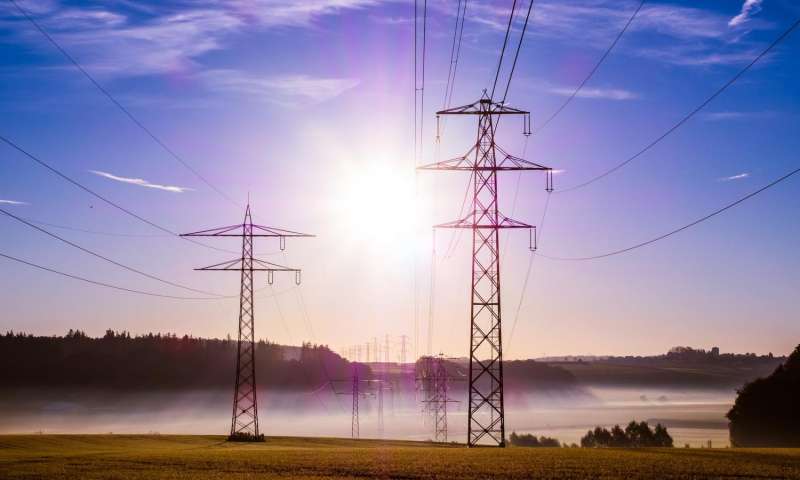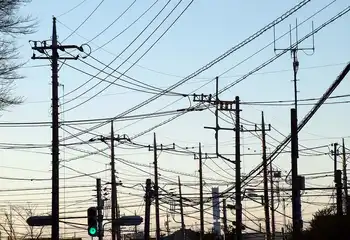Placing your home computer on an energy diet
By New York Times
Substation Relay Protection Training
Our customized live online or in‑person group training can be delivered to your staff at your location.

- Live Online
- 12 hours Instructor-led
- Group Training Available
Next come the hundreds of millions of desktop and laptop personal computers in households worldwide.
Microsoft, the nonprofit Climate Savers Computing Initiative and a start-up called Verdiem are combining to put a spotlight on the energy-saving opportunity in PCs, and distributing a free software tool to consumers to help them do it.
The potential savings in both dollars and pollution is huge, analysts say, when the estimated one billion PCs in use globally are taken into account. The research firm Gartner estimates that 40 percent of all carbon dioxide emissions resulting from information technology and telecommunications are attributable to PCs. Data center computers account for 23 percent, and the rest is attributable to printers and telecommunications equipment.
“If you are going to tackle climate change and curb energy use, you have to deal with consumer devices like PCs,” said Andrew Fanara, a product development expert in the Environmental Protection Agency’s Energy Star program, which promotes energy-efficient products and practices.
For more than a decade, the federal Energy Star program has developed voluntary power-management standards for PCs, and suppliers like Intel and Microsoft have steadily improved the energy efficiency of their chips and software. But Mr. Fanara estimated that less than half of PCs met those standards, in part because more energy-efficient hardware adds slightly to production costs.
“There are large potential savings beyond what Energy Star can do,” he said.
The free software, called Edison, is a consumer version of the PC energy-saving software sold to corporate customers by Verdiem, which is financed by Kleiner Perkins Caufield & Byers, a leading venture capital firm and an aggressive investor in green technologies, and other venture investors.
Verdiem, based in Seattle, has 180 corporate and government customers, including Hewlett-Packard, which bundles VerdiemÂ’s Surveyor program on its desktop PCs sold to corporations. Though he will not disclose sales figures, the companyÂ’s chief executive, Kevin Klustner, says revenue should triple this year.
There are other free tools for calculating and managing PC power consumption, including the E.P.A.Â’s EZ Wizard, CO2 Saver and a Google energy-saving gadget. But Edison allows the user more flexibility, especially in making the settings as stringent as they want, analysts say.
If a user sets the software to put the machine in a “deep sleep” mode after a few minutes of not hitting a keystroke, the hard drive powers down and the PC sips just 5 percent of its normal energy consumption.
That kind of energy diet is far from standard practice in homes and offices. Half of all electricity consumed by a standard PC is wasted, according to environmental and industry studies.
Household electricity bills could also be trimmed by $20 to $95 a year for each PC, depending on local power costs and the kind of PCs in use, said Mr. Klustner. “What we’re trying to do is raise the visibility of the power consumption problem on the PC desktop and really bring power management to the masses,” he said.
The Climate Savers group, which includes major technology companies and environmental groups, has set a goal of reducing carbon dioxide emissions from computers by 54 million tons by 2010. That is the equivalent of the yearly pollution from 11 million cars. The goal includes data center computers and PCs, and about half of all PCs are consumer machines.
“This kind of energy-saving technology for consumers is a key ingredient in moving toward that goal,” said Rob Bernard, chief environmental strategist for Microsoft.
The companies said that the Edison software would be available to download on August 6 from the Web sites of Verdiem (verdiem.com), Microsoft (microsoft.com/environment), and Climate Savers (climatesaverscomputing.org).











